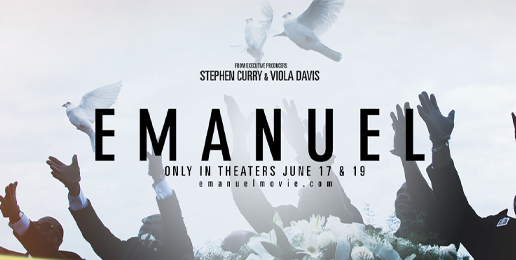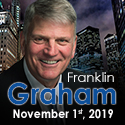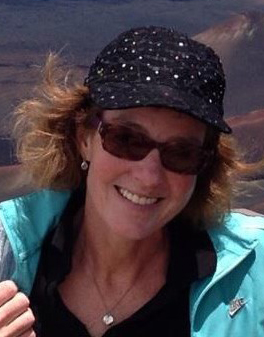
On the evening of June 17, 2015, at about 8:15 p.m., 21-year-old Dylann Roof pulled into the parking lot of Emanuel African Methodist Episcopal church in Charleston, SC, and casually entered the building through one of the side doors. Wednesday was Bible study night, and he quietly joined the small group of twelve. About forty-five minutes later, as everyone closed their eyes to pray, he pulled out a gun and started shooting. He then left the building as casually as he had entered it and drove away.
Fourteen hours later, Roof was apprehended without incident in Shelby, NC. Upon questioning, he flatly responded, “I did it. I killed them.”
By this time, the incident was all over the news, and in contrast to many incidents where race is injected into the discussion where it may not have been a factor, the circumstances of this crime made it a ticking bomb. Roof was an open white supremacist, and the history of Charleston is inextricably tied up with slavery. Emanuel had been the first freestanding black church in the south in a denomination started by former slaves. It was less than one year after Ferguson and a month after Baltimore, and here there were nine dead bodies, rather than just one.
Yet in the aftermath of the Charleston murders, we saw no violent protests. No riots. No images of burning cars. Why was that? Why didn’t Charleston burn?
“We forgive you.”
I think the answer to that question traces to the surviving church members themselves. Two days after the shooting, at Roof’s bond hearing, the small courtroom filled with family members, and in an unusual move, the judge invited them to speak directly to him. Here is what happened:
- Through tears, Nadine Lance Collier, who’d lost her mother Ethel, said, “I just want everyone to know [that] I forgive you. You took something very precious from me. I will never talk to her ever again. I will never be able to hold her again. But I forgive you.”
- Anthony Thompson, who’d lost his wife Myra, said, “I forgive you, and my family forgives you. And we would like you to take this opportunity to repent. Repent, confess, give your life to the one who matters the most, Christ, so he can change it, can change your ways, no matter what happened to you. And you’ll be okay. Do that, and you’ll be better off than you are right now.”
- Felicia Sanders, one of three survivors of the shooting, said, “We welcomed you Wednesday night in our Bible study with open arms. You have killed some of the most beautifulest people that I know. Tywanza [her nephew and youngest of the deceased] was my hero. But as we said in Bible study, we enjoyed you. But may God have mercy on you.”
It was not a planned response. In fact, Thompson had warned them against speaking, for fear of saying something they might regret. But when the opportunity was presented, these were the messages they had for the killer.
Reactions were mixed. Lance said some people were angry with her, “but what I said, I said from the bottom of my heart…. I knew that’s what my Mom would want–not to have hatred in your heart, despite what people do to you.” Church member Melvin Graham, who’d lost his sister, said he admires those who forgave at the very beginning. “God truly worked a work in them, truly–[but] I’m a work in progress.”
And then there was Muhiyidin D’Baha (d.2018), a Black Lives Matter organizer, who shook his head dejectedly. “It was just like a nail in the coffin, man. We’re not going to be able to, to mobilize.”
“Which coffin,” we might ask, though I think the answer is clear.
Love that Overcomes
“Some people see the families’ forgiveness as submission to centuries of oppression,” said black pastor and author A.R. Bernard. “But, if we look closely, that act of forgiveness demonstrated great courage…. I don’t know of any other religious belief system besides Christianity where an innocent man hangs on a cross, suffering immeasurable pain, torment, torture. And he looks out at his accusers, and he prays a prayer, ‘Father, forgive them, for they know not what they do.’ That act… is the greatest act of love, and the greatest act of release that one could ever experience.”
Indeed. Hackneyed slogans like “Love is love,” and “Love trumps hate,” fall to the ground in the presence of these Emanuel Christians. In their deep pain, they demonstrated what love is and what it can do. Where multitudes were poised to give vent to rage, they spoke peace. Where sin abounded, they lived out over-abounding grace. They walked the walk. “Blessed are the peacemakers,” said Jesus, “for they will be called children of God.”
The story of Emanuel and its aftermath is told in Emanuel: The Untold Story of the Victims and Survivors of the Charleston Church Shooting, a powerful documentary produced by Golden State Warrior Stephen Curry and South Carolina native and actress Viola Davis. It’s showing June 17 and 19. See it any way you can. Take your friends and family, too, and learn from these modern-day heroes of the faith. Click here for theaters and showtimes.
 IFI Banquet Speaker Announced!
IFI Banquet Speaker Announced!
We are excited to announce that at this year’s IFI banquet, our keynote speaker will be none other than Rev. Franklin Graham, President & CEO of the Billy Graham Evangelistic Association and Christian evangelist & missionary. This year’s event will be at the Tinley Park Convention Center on Nov. 1st.





















